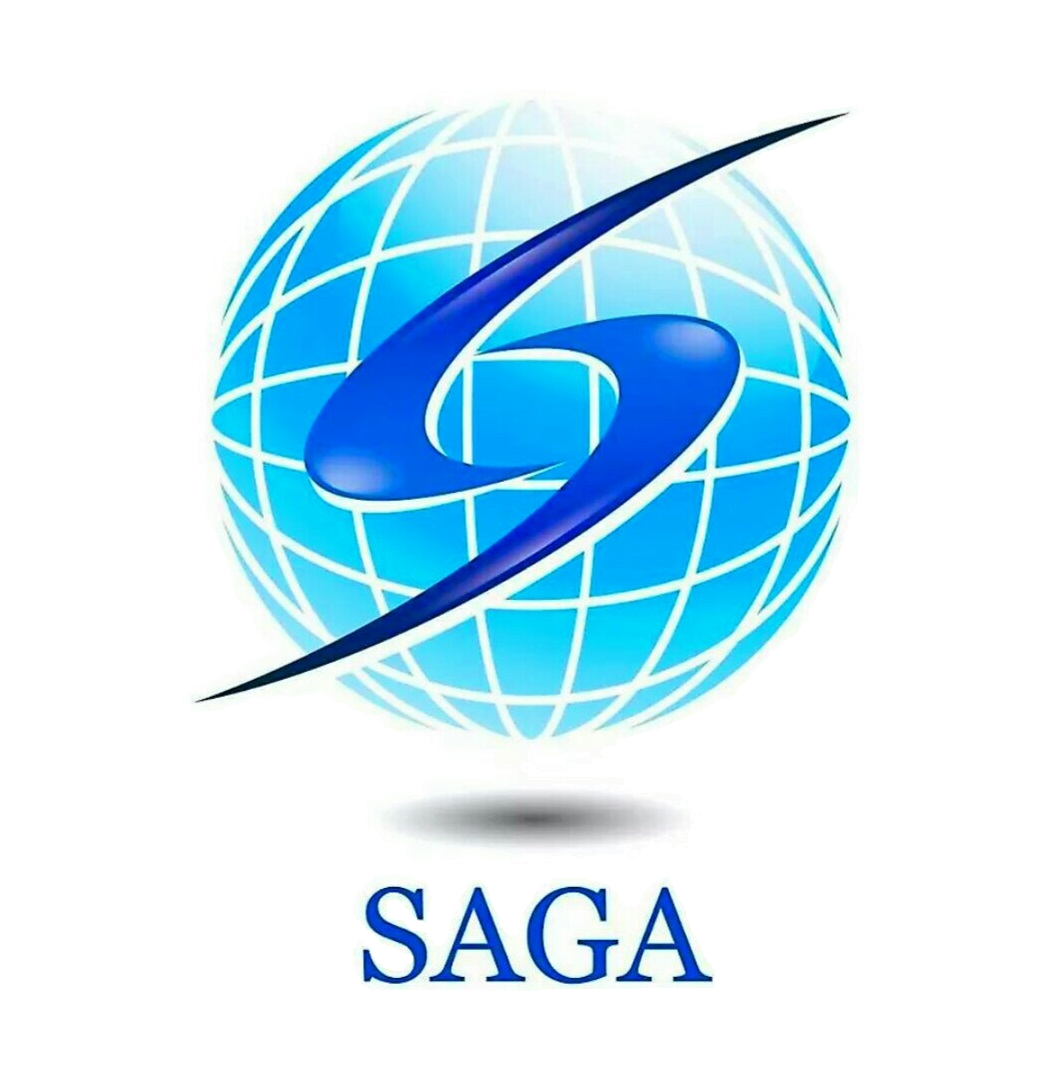Crackdown frightens money changers
News of the arrests of unlicensed US dollar traders and speculators has resulted in a significant slowdown of black-market money changing operations across Yangon this week, sources said.
Police Lieutenant Colonel Kyaw Htut, head of the western district police, said that the Bureau of Special Investigation (BSI) arrested five businesspeople on June 11 from Shwe Bon Thar Street in Yangon’s Pabedan township, which is home to a number of gems, gold and money traders.
The arrested people had bought substantial amounts of currency since March, said Police Lt Col Kyaw Htut.
“I don’t have information on the process of their release, but BSI is keeping an eye on them, and will definitely take action next time,” he said.
The BSI arrested them under section 5(h) of the Emergency Provisions Act but they were released again that same evening.
Section 5(h) prohibits attempts to “make the public lose trust in the state’s economy, government loans, government securities, coins and legal tenders distributed wholly or partly in the country or to hamper operational or economic success carried out by the government in order to implement the restoration of law and order successfully”.
Money lenders have largely ceased selling dollars in the wake of the arrests, though many still sell kyat, or trade with familiar customers.
U Naing, an unlicensed money changer who operates on a crowded road in Yangon’s downtown area, said that he is only selling currency to customers who have called ahead by phone, despite the fact that he has an adequate supply.
“We need to be cautious and stay away from the investigators since the events of last week,” he said.
Some businesses are facing difficulties trading the US dollar as they cannot contact unofficial money changers. Many businesses rely on the black market to fill the gaps when they cannot obtain as much foreign currency as they need from banks and official counters, sources said.
Some are willing to exchange kyat for US dollars at the unofficial rate in order to make payments, while others are forced to postpone payments as they don’t have enough US dollars, said a manager of a joint-venture company in Kyauktada township.
She said they have problems when clients try to pay them in small denominations of US dollars, including $20 and $50 notes, as most people are only accepting $100 notes.
“The central bank’s reference rate isn’t working at the moment, and there are rumours that some official money changers are trading under the counter, but nobody can prove this year,” she said.
In theory, the Central Bank of Myanmar operates a managed float, in which the rate is supposed to reflect the market rate. However, over the past few months, the reference rate has departed from the unofficial rate. Recently, the gap has widened significantly – last week the unofficial rate reached a high of K1280 to the US dollar, compared to the official rate of K1105, which has remained fixed since June 5, despite major volatility in the unofficial market.
The Central Bank began intervening last week, pushing the unofficial rate to around K1185 yesterday. However, it is illegal to trade outside a band of plus or minus 0.8pc of the official rate, which yesterday was K1105, meaning K1114 was the legal upper limit for foreign exchange.
Traders had been routinely flouting this limit until last week’s arrests.
According to the 2012 Foreign Exchange Management Law, money changers without a licence are prohibited from doing business. Licensed money changers may be fined or have their licence revoked if they exchange money at an illegal rate, according to the law.
The central bank has allowed non-bank money changers to trade foreign exchange since late 2012. Around 17 commercial banks and hundreds of private money changers are permitted to exchange currencies.
While money changers must trade within a band of 0.8pc above or below the central bank reference rate, other reference rates such as the government rate, the foreign exchange certificates rate and the export earnings rate were declared invalid in 2012. Instead, a managed exchange rate policy was introduced in 2013, in which the market rate is determined through daily central bank auctions.
At first, this was successful in reducing use of the black market, but speculation has been increasing.
Bank sources said that exporters were not selling their US dollar income, as the official rates are unattractive.
(Quote from Myanmar times online website on 17 June 2015)
